Self-Care for Your Heart – Part 1

Hey Village!
October is ADHD Awareness Month! Stayed tuned for information that I will be sharing throughout the month about this neurodevelopmental disorder affecting 11 percent of school-age children.
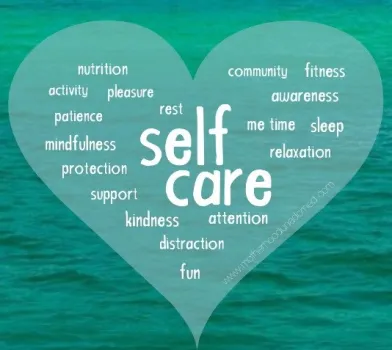
I am a HUGE proponent of self-care! There are so many ways that we can think about it, but it is an important aspect of our lives and it helps us to show up for the people who matter most to us, as well as our community and village!
So village, let’s talk about self-care for our hearts!
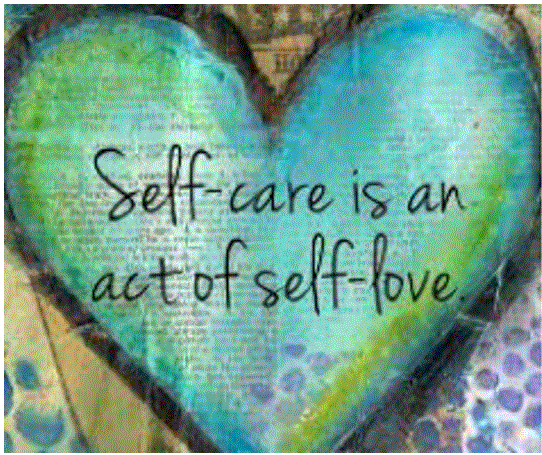
The moment I realized self-care was a necessity, not a luxury, was during a period of complete burnout. As an advocate for mental health and wellness, I knew all the practices—but it wasn’t until I truly lived the consequences of neglecting them that my mission shifted. Today, I want to re-frame how we see self-care: not as a bonus activity, but as the fundamental tool that allows us to care for both ourselves and others.
So in order to do that, let’s talk about how we all can make sure that you’re filling your own cup. Have you ever heard of this village, “you can’t pour from an empty cup.” Well if you have ever experienced burnout, then you know what I mean.
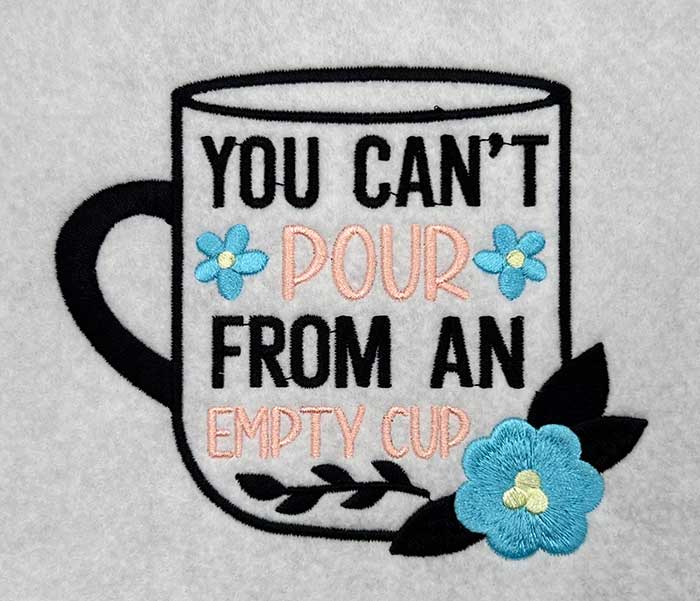
How do we fill our cups?
- Reflection
- Nourishment
- Connection
- Alone Time
- Creation
- Movement
- Nature
- Rest
In this first installment of self-care for your heart, I will focus on 4 of 8 ways that we can fill our own cups.
Reflection:
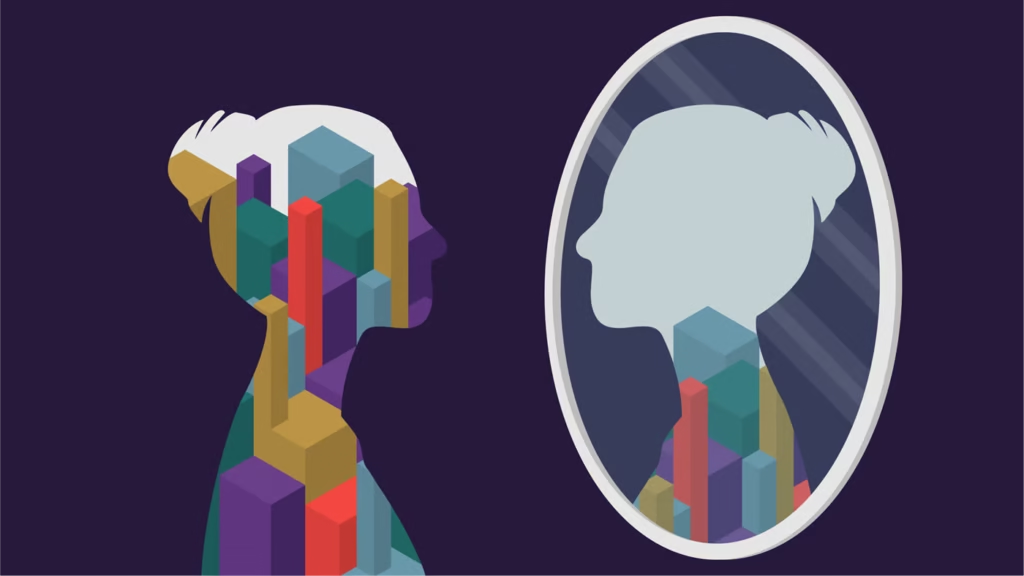
Reflection is a critical component of self-care because it allows you to identify your emotional state and understand what you need to feel re-energized. By taking time to look inward, you can determine what fills your cup and what drains it, enabling you to proactively care for yourself before you become overwhelmed or burned out.
Here’s how reflection helps to fill your cup regarding self-care:
It helps you identify needs and prevent burnout
- Recognizing depletion: Reflection offers a chance to check in with yourself and notice when your “cup” is running low, such as when you feel drained, exhausted, or irritable. This awareness is the first step toward reclaiming your energy and health.
- Shifting focus from others to yourself: Reflecting helps you notice if you’ve been prioritizing others’ needs over your own, a common cause of depletion. By becoming aware of this pattern, you can consciously choose to set boundaries and prioritize your well-being.
- Guiding your self-care choices: Reflection provides insight into what activities genuinely restore you. Instead of guessing, you can identify what makes your “body and mind sing” and what helps you “regenerate and feed your soul.
- Processing emotions: In a fast-paced world, self-reflection provides a necessary moment to slow down and process your emotions and thoughts. Journaling, for instance, is a form of reflection that helps you connect with your feelings and find clarity, especially during stressful times.
- Releasing regrets: Intentional reflection can include a “release ritual” to help you let go of regrets, grief, or other negative emotions that weigh you down. Letting go of these emotional burdens creates space for positive energy.
- Cultivating gratitude: Taking time to reflect on what you are thankful for can shift your focus from what’s depleting you to what’s enriching your life. This practice can build emotional resilience and foster a more positive mindset
Connection:

Connection plays a vital and scientifically supported role in filling your cup regarding self-care by reducing stress, improving physical and mental health, and providing a sense of purpose. A strong social network acts as a buffer against life’s adversities and helps us thrive.
Reduces stress: Strong relationships create a calming effect on the body that lowers stress hormone levels and blood pressure. When you feel supported, you are better equipped to manage challenging situations.
Boosts happiness and reduces anxiety: Quality time with supportive people releases feel-good hormones and provides a sense of belonging, which can lower levels of depression and anxiety.
Strengthens the immune system: Research suggests that robust social connections may lead to better immune function and faster healing from illness.
Promotes longevity: Landmark studies have found that people with strong social ties tend to live longer and healthier lives than those who are more socially isolated
Cultivates belonging: Connecting with others fosters a crucial sense of belonging and community, which is a fundamental human need. This can involve joining groups with shared hobbies, volunteering, or simply connecting with a neighbor.
Creates shared meaning: Whether through joyful moments or difficult times, sharing experiences with others creates lasting memories and strengthens bonds. This shared journey can enrich your sense of purpose and fulfillment.
Alone Time:

Alone time is an essential form of self-care that allows you to disconnect from the constant demands of the outside world, giving you space to recharge, reflect, and reconnect with yourself. In a culture that often values constant interaction, intentional solitude is not the same as loneliness; it is a deliberate choice that offers powerful mental, emotional, and creative benefits.
Reduces stress and anxiety: Constant social interaction, work pressures, and digital stimulation can be mentally and emotionally draining. Alone time offers a crucial respite, lowering stress hormone levels and blood pressure. Research has found that just 15 minutes of solitude can significantly reduce high-arousal emotions like anxiety.
Allows for self-reflection and emotional regulation: When you are alone, you have the opportunity to process thoughts and emotions that may have been suppressed during the day. This can lead to important emotional breakthroughs and a better understanding of yourself. The resulting emotional clarity can bring a sense of peace and a better ability to regulate your feelings.
Recharges social energy: For many people, and particularly for introverts, social interactions are a major energy expenditure. Alone time acts as a vital “social battery recharge,” allowing you to return to social situations with renewed enthusiasm and a clearer perspective.
Movement:
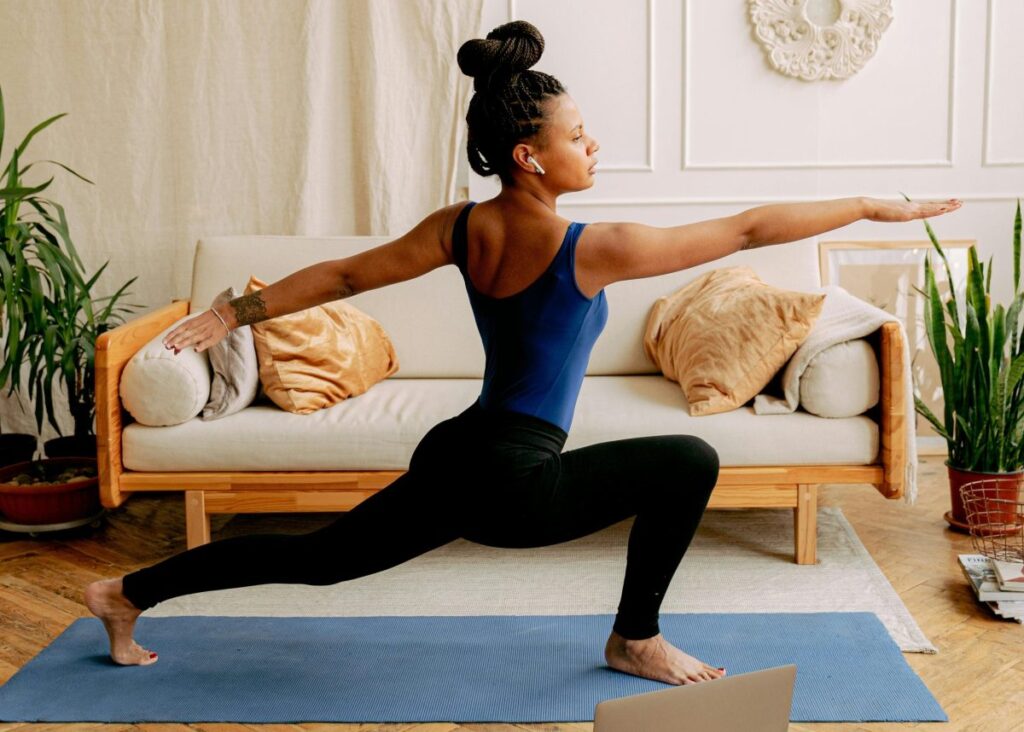
Movement is a powerful and accessible form of self-care that fills your cup by nurturing both your mind and body. It goes beyond traditional exercise and includes any physical activity that helps you feel good, providing a necessary outlet for stress, boosting mood, and strengthening your mind-body connection.
Releases “feel-good” chemicals. Physical activity triggers the production of endorphins, dopamine, and serotonin—your body’s natural mood boosters. This can lead to a “runner’s high” and alleviate feelings of stress, pain, and anxiety.
Regulates stress hormones. While exercise can temporarily raise levels of the stress hormone cortisol, regular physical activity helps lower baseline cortisol levels over time. This trains your body to respond to stress more effectively.
Acts as a moving meditation. When you engage in physical activity like a brisk walk, jog, or swim, you can focus on your body’s movements and breathing. This acts as a form of meditation that distracts you from daily worries and helps clear your mind
So village, I do hope this will help you, and as always, I appreciate your time and attention!
Here’s to brighter days! 
